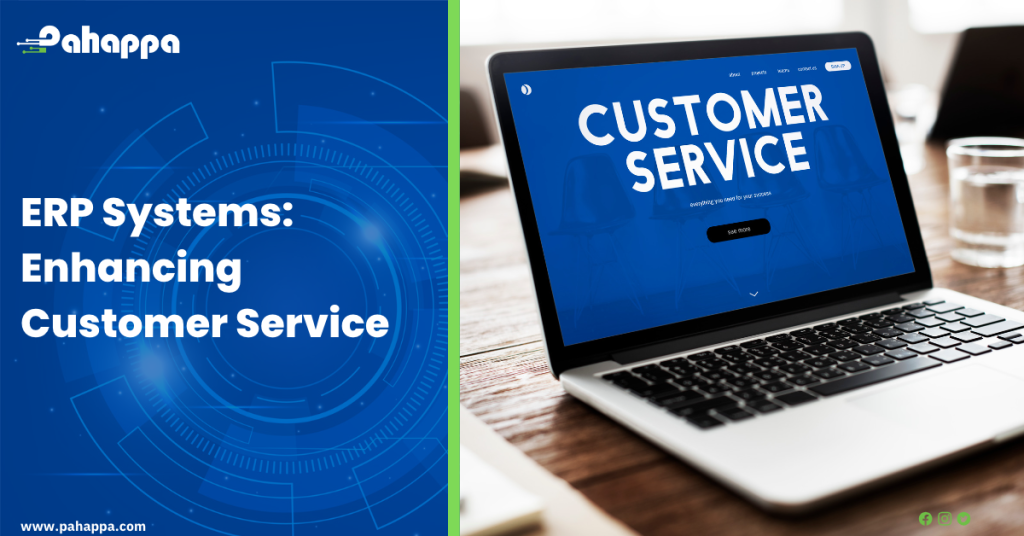Enterprise Resource Planning (ERP) systems can greatly enhance customer service by providing a comprehensive view of customer data and enabling streamlined communication and collaboration across departments.
Customer care is an essential component of an Enterprise Resource Planning (ERP) system. ERPs are software applications that help businesses manage their operations, including inventory, accounting, human resources, and customer relationships. Customer care in ERPs involves providing assistance and support to customers who use the ERP system.
The primary goal of customer care in ERPs is to ensure that customer care representatives can use the system effectively and efficiently. This includes answering customer questions, resolving issues, providing technical support, and offering training and resources. Effective customer care in ERPs can help businesses improve customer satisfaction, reduce support costs, and increase user adoption of the system. To provide effective customer care in ERPs, companies need to have a dedicated support team with expertise in the ERP system. They also need to have clear processes and procedures for handling customer issues and requests. Regular training and communication can help ensure that customer care representatives are up-to-date with the latest system updates and features. Additionally, companies can use customer feedback to identify areas for improvement and make necessary changes to their customer care practices.
Here are some ways in which ERP systems can improve customer service:
- Improved Data Management: ERP systems can provide a central repository for customer data, including order history, contact information, and customer preferences. This information that is got from one system can be used by all members of the customer care team. This helps in streamlining data across different customer care representatives. This data can be accessed by customer service representatives to quickly resolve customer issues, track customer interactions, and provide personalized service.
- Real-time Inventory Management: ERP systems can provide real-time updates on inventory levels, enabling customer service representatives to provide accurate information on product availability and delivery times. Since data is shared in one system, it becomes easy to share customer data among different representatives and across different work branches. This data remains up to date so different representatives can work on the same customer at any point in time.
- Streamlined Order Management: ERP systems can automate the order management process, from order entry to fulfilment. This enables customer service representatives to quickly process orders, track order status, and provide updates to customers. This makes it easy for the representatives to identify where the customer is at on their customer journey so that they can ease the process. It also helps the representatives compile definite data that they can hand over to the management to review the customers coming in and out of the business.
- Faster Response Times: With access to real-time data, customer service representatives can respond to customer inquiries and issues quickly and efficiently, improving customer satisfaction. This helps to speed up customer responses and in turn, increases customer engagement. Customer loyalty increases when customers feel that they can easily reach out to any representative at the most convenient times of the day.
- Enhanced Collaboration: ERP systems enable collaboration across departments, including sales, marketing, and customer service. With better customer services provided in the ERP systems, customers can easily be diverted to other departments that are responsible for the different queries. This ensures that everyone is working towards a common goal of providing excellent customer service.
Overall, ERP systems can greatly enhance customer service by providing a unified view of customer data, streamlining processes, and enabling faster response times. By providing personalized service and timely communication, organizations can improve customer satisfaction and loyalty.











